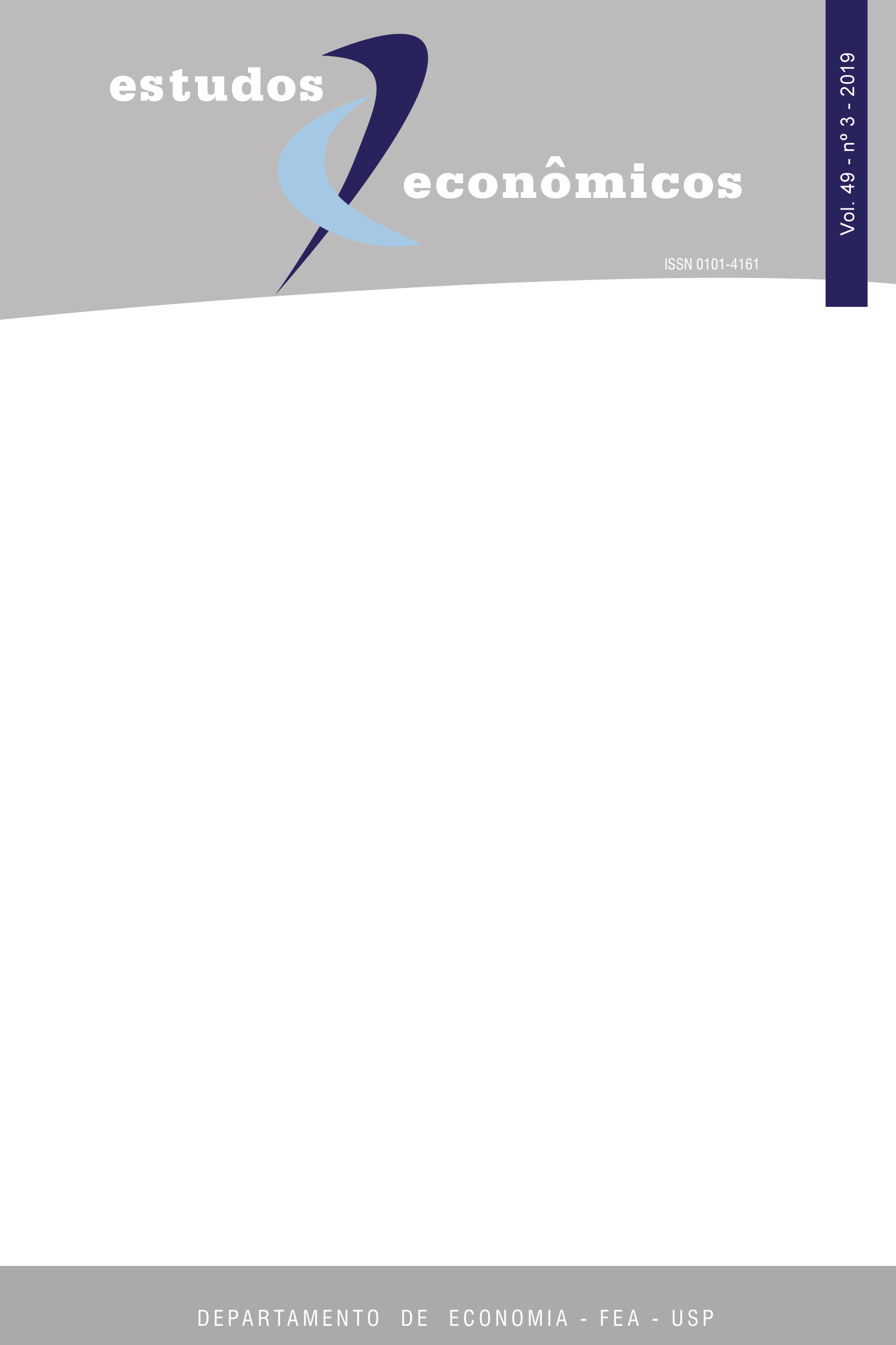Computing cartel overcharges: when theory meets practice
DOI:
https://doi.org/10.1590/0101-41614935rscKeywords:
cartel damage, cartel prevention, antitrustAbstract
Success in law enforcement of cartel cases hinges on solid investigation procedures and effective punishment. However, the existing legal framework provides guidance on computing fines based on sales revenue, even though it mentions such fines must be no lower than cartel gains. Using data from a real case in Brazil, this paper has two aims: (i) reviewing the difficulties associated with computing cartel overcharges and (ii) checking whether the fines levied on convicted firms are in line with these overcharges. We employ three methodologies to compute these overcharges. We find cartel overcharges estimates might be quite sensitive to its assumptions, but apart from differences in differences models with quadratic and cubic
trends the fines are in the middle of the range of cartel overcharge estimates. This indicates that the fines are in line with cartel overcharges, but it is recommended to use a set of estimates produced by different methods to ensure their adequacy.
Downloads
References
Angrist, J., & Pischke, J.-S. (2010). The Credibility Revolution in Empirical Economics: How Better Research Design Is Taking the Con out of Econometrics. Journal of Economic Perspectives, 24(2), pp. 3-30.
Baker, J., & Rubinfeld, D. (1999). Empirical Methods in Antitrust Litigation: Review and Critique. American Law and Economics Review, 386-435.
Black, H. (1991). Black's Law Dictionary with Pronunciations (6th ed.). West Group.
Connor, J., & Lande, R. (2008). Cartel Overcharges and Optimal Cartel Fines. In S. Waller, Issues in Competition Law and Policy (Vol. 3, pp. 2203-2218). ABA Section of Antitrust Law.
Connor, J., & Lande, R. (2008). Issues in Competition Law and Policy. In Issues in Competition Law and Policy (Vol. 3, p. 2203{2218). Law, ABA Section of Antitrust.
Crooke, P., Froeb, L., Tschantz, S., & Werden, G. (1999). Effects of assumed demand form on simulated postmerger equilibria. Review of Industrial Organization, pp. 205-217.
Doraszelski, U., & Pakes, A. (2007). A Framework for Applied Dynamic Analysis in IO. In M. Armstrong, & R. Porter, Handbook of Industrial Organization (Vol. 3, pp. 1887-1966). Elsevier.
Genesove, D., & Mullin, W. (1998). Testing static oligopoly models: conduct and cost in the sugar industry, 1890-1914. RAND Journal of Economics, pp. 355-377.
Harrington, Jr., J. (2004, December). Post-Cartel Pricing during Litigation. The Journal of Industrial Economics, 52(4), 517 - 533.
Hendry, D. F., & Clements, M. P. (2004). Pooling of Forecasts. Econometrics Journal, pp. 1-32.
Landes, W. (1983). Optimal sanctions for antitrust violations. The University of Chicago Law Review, 50(2), 652 - 678.
Levenstein, M., & Suslow, V. (2004). Studies of Cartel Stability: A Comparison of Methodological Approaches. In P. Grossman, How Cartels Endure and How they Fail: Studies of Industrial Collusion. Edward Elgar.
Nevo, A., & Whinston, M. (2010). Taking the Dogma out of Econometrics: Structural Modeling and Credible Inference. Journal of Economic Perspectives, 24(2), pp. 69-82.
OECD. (2002). Report on the Nature and Impact of Hard Core Cartels and Sanctions against Cartels under National Competition Laws.
OXERA. (2009). Quatifying Antitrust Damages: towards non-binding guidance for courts. Luxembourg: Publications Officeof the European Union. Retrieved from http://ec.europa.eu/competition/antitrust/actionsdamages/
Posner, R. (2001). Antitrust Law (2nd ed.). Chicago, IL: The University of Chicago Press.
Werden, G. (2003, Janeiro). The Effect of Antitrust Policy on Consumer Welfare: What Crandall and Winston Overlook. Economic Analysis Group discussion paper.
Downloads
Published
Issue
Section
License
Copyright (c) 2019 Renato Nunes de Lima Seixas, Claudio Ribeiro de Lucinda

This work is licensed under a Creative Commons Attribution-NonCommercial 4.0 International License.
By submitting an article, the author authorizes its publication and attests that it has not been submitted to any other journal. The original article is considered final. Articles selected for publication are proofread for grammatical and orthographic errors. The journal does not pay rights for published articles. The Institute of Economic Research from the School of Economics, Business and Accounting of the University of São Paulo (Instituto de Pesquisas Econômicas da Faculdade de Economia, Administração e Contabilidade da Universidade de São Paulo) owns the journal's copyright.




